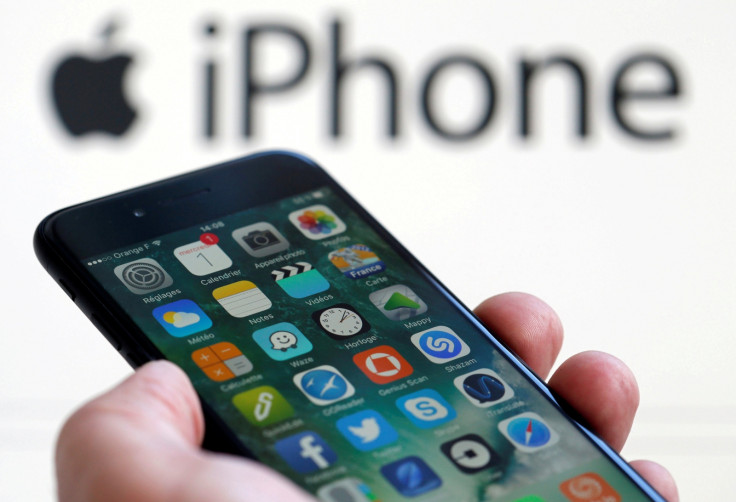Apple pays only 1% tax in Britain despite making £7.5bn since iPhone launch
Companies House figures show Apple paid just £82.1m in taxes in the UK since 2007.

Apple's accounting books have come under scrutiny again after it emerged the tech giant has paid only 1p in tax for every £1 it has earned in Britain.
According to the Daily Mail, the US behemoth has paid £82.1m to the Treasury over the past 10 years, despite making approximately £7.5bn in sales over the same period.
Since Apple first launched the iPhone a decade ago sales have rocketed, transforming what was an already hugely successful company into the biggest firm in the world with a market valuation of £575
However, Apple's meteoric rise has been tarnished by allegations it does not pay its fair share of tax. According to Companies House accounts, the firm's two British arms - Apple (UK) and Apple Retail UK - only reported £482m since 2007, on which they have paid a combined £82.1m in taxes.
The latter figure is even more striking when considering that Apple Retail UK paid just £13.8m in tax, despite recording £1bn worth of sales on its own in the year to the end of September.
"It's absolutely outrageous that the tax base doesn't reflect economic activity and is based on artificial declarations of profits," said former Lib Dem business secretary Sir Vince Cable.
"Taxation has become voluntary for these companies, and the tax base has got to change."
Labour MP John Mann, who was a member of the Treasury select committee during the last Parliament, stressed the need to implement new measures to hold big corporations accountable.
"It is time to get tough on these companies – they make a lot from the UK and should pay a proper amount back in," he said.
The iPhone maker, however, rejected any allegations of wrongdoing, insisting it paid all it owed.
"As the largest taxpayer in the world, we know that tax payments make an important contribution to society and we pay all that we owe wherever we operate," a company's spokesperson said.
In April, European Union's competition authorities ordered Apple to pay £11.4bn in taxes back to the Irish government, following allegations that Apple sheltered billions of euros in the Republic of Ireland while paying little to no tax as part of a "sweetheart deal" with Dublin.
However, both Ireland and Apple appealed the decision, with the former accusing Brussels of interfering with national sovereignty.
The tax bill, by far the highest handed over to any company in Europe, was misjudged according to Ireland as the European Commission misunderstood both Irish law and the facts of the case. The government argued that the commission had not only exceeded its powers but made attempts to rewrite Irish corporation tax rules.
© Copyright IBTimes 2025. All rights reserved.






















